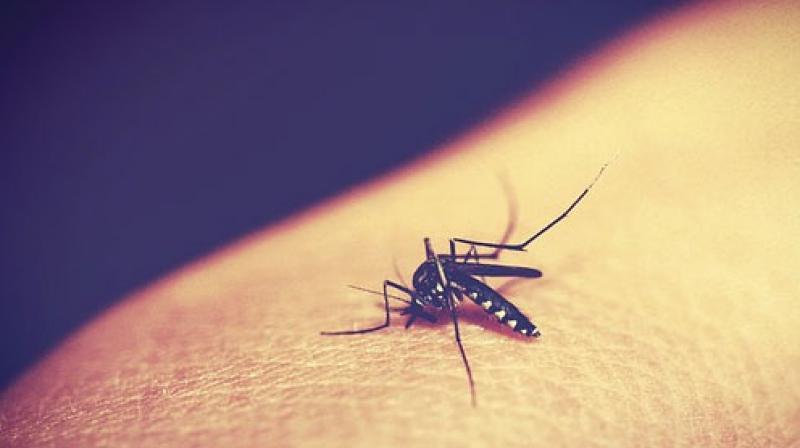Tamil Nadu, Punjab ahead of other states in eliminating malaria
The World Health Organisation (WHO) has been pushing for the elimination of malaria by the year 2030.

Chennai: Tamil Nadu and Punjab have proved to be much ahead of other states in their ambition towards eliminating malaria, said Richard Feachem, Director of the Global Health Group at UCSF Global Health Sciences. The World Health Organisation (WHO) has been pushing for the elimination of malaria by the year 2030 and India has promised to adhere to the same.
Tamil Nadu may succeed in eliminating the disease by 2020-22, Faechem said on the sidelines of a conference held by the University of California, San Francisco Global Health group here in Chennai to discuss strategies to shrink the global malaria map and take stock of India’s efforts to eliminate the disease. He referred to Tamil Nadu as a model state.
The central government had launched the National Framework for Malaria Elimination in February. Under this program, India is committed to eliminate malaria completely by 2030. “The good news is that malaria cases in India have halved since the year 2000, which is a significant progress,” he said adding that states such as Tamil Nadu and Punjab are moving fast and aggressively.
However, there are other states like Madhya Pradesh and Orissa that have a higher burden of malaria. Also, the problem of being unable to state for sure the exact numbers remains, he said. The elimination programme is in good shape in the state, Feachem said adding that concrete targets are being achieved. “We have got a positive impression and we are certain that Tamil Nadu will be able to complete its elimination programme in the next few years and this has come as a relief to Sri Lanka as today, Tamil Nadu is the main problem for Sri Lanka in terms of importation of malaria. The good progress was reassuring for our colleagues who were here from Sri Lanka,” he said.
With India having increased its coverage of good diagnosis and treatment, continued with its use of sprays of insecticides and also ensured proper larval control, the country was able to see a great progress in bringing down the burden. However, to eliminate the disease completely more effort is needed, he said. “There needs to be significant re-engineering of the programmes, new interventions, and new techniques. There also needs to be a higher level of commitment state by state. We need more political commitment state by state, need more finance, expenditure to finish the task,” he added.

